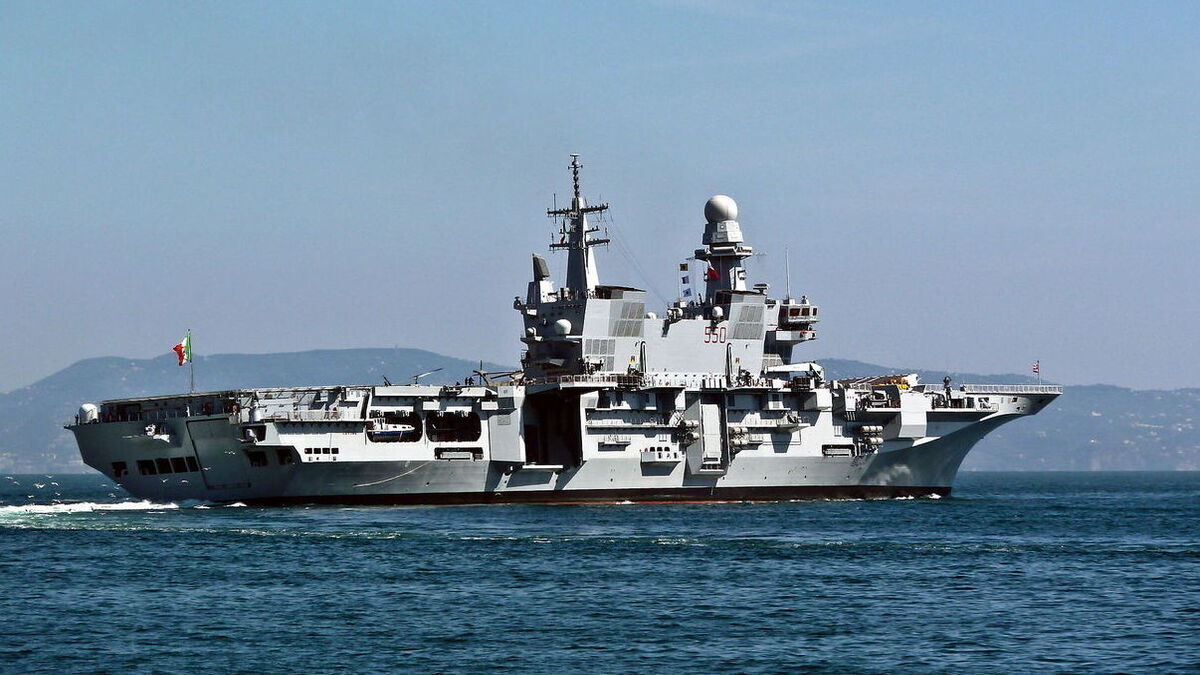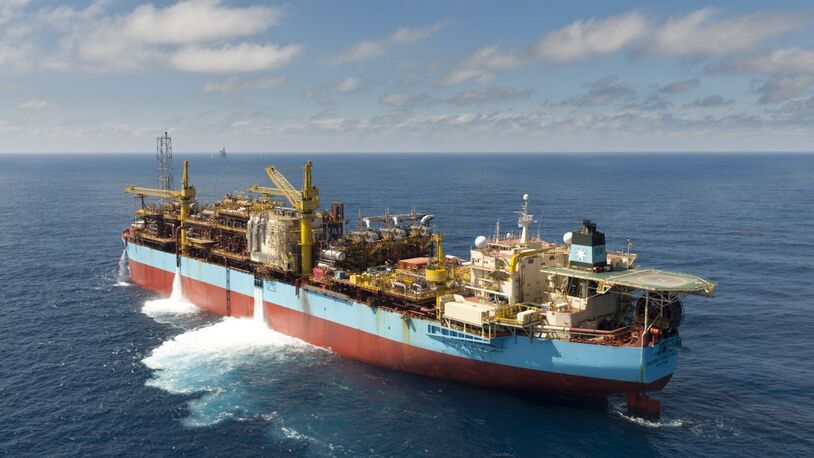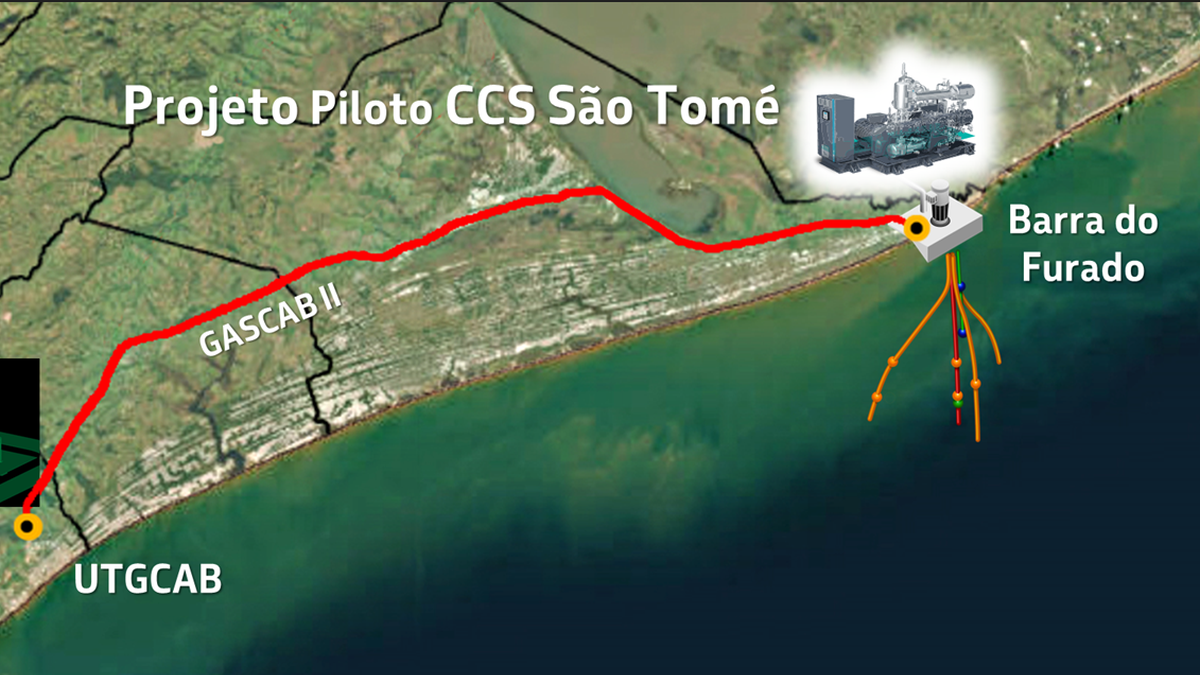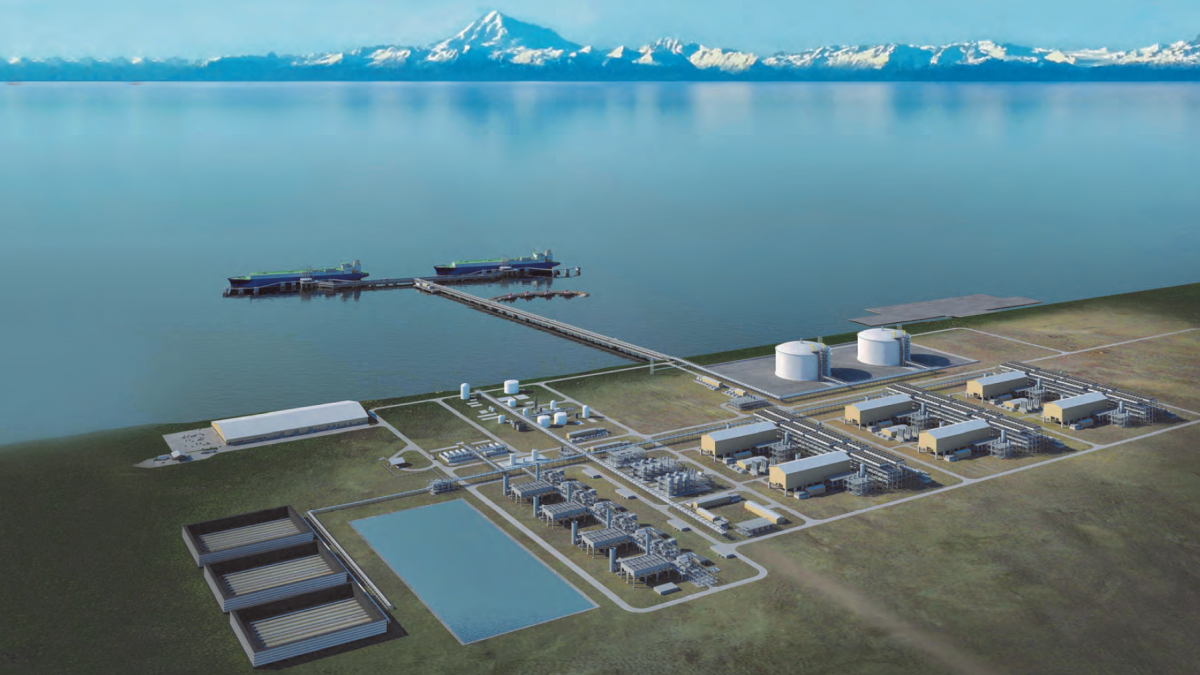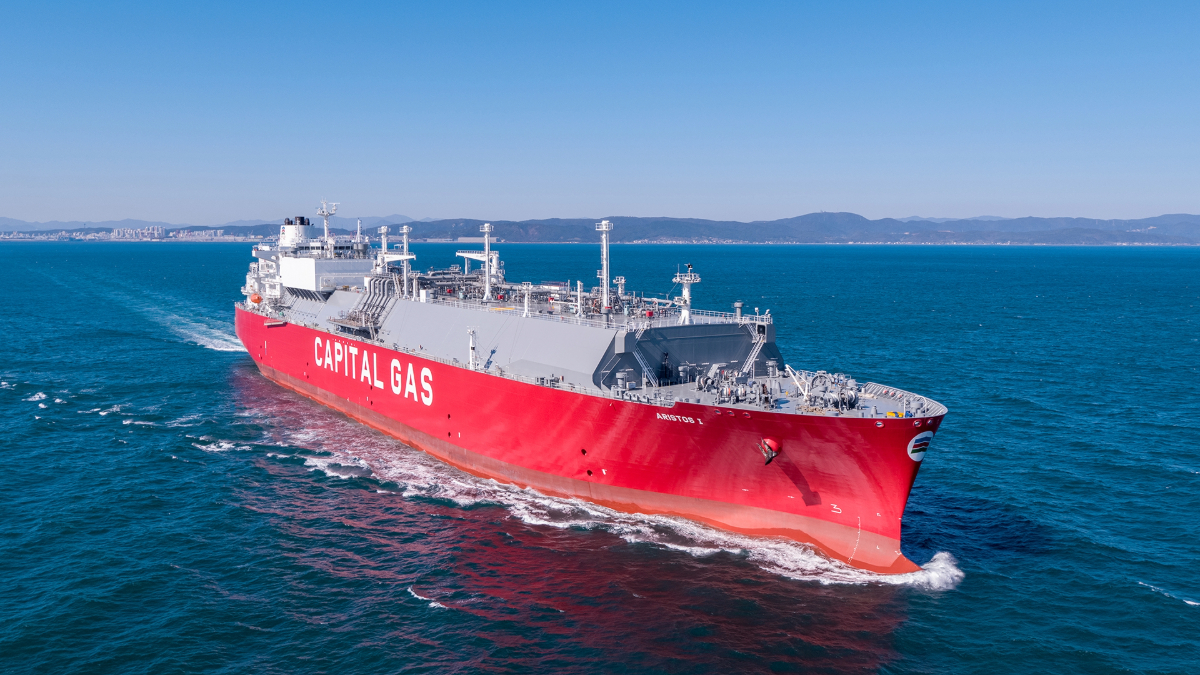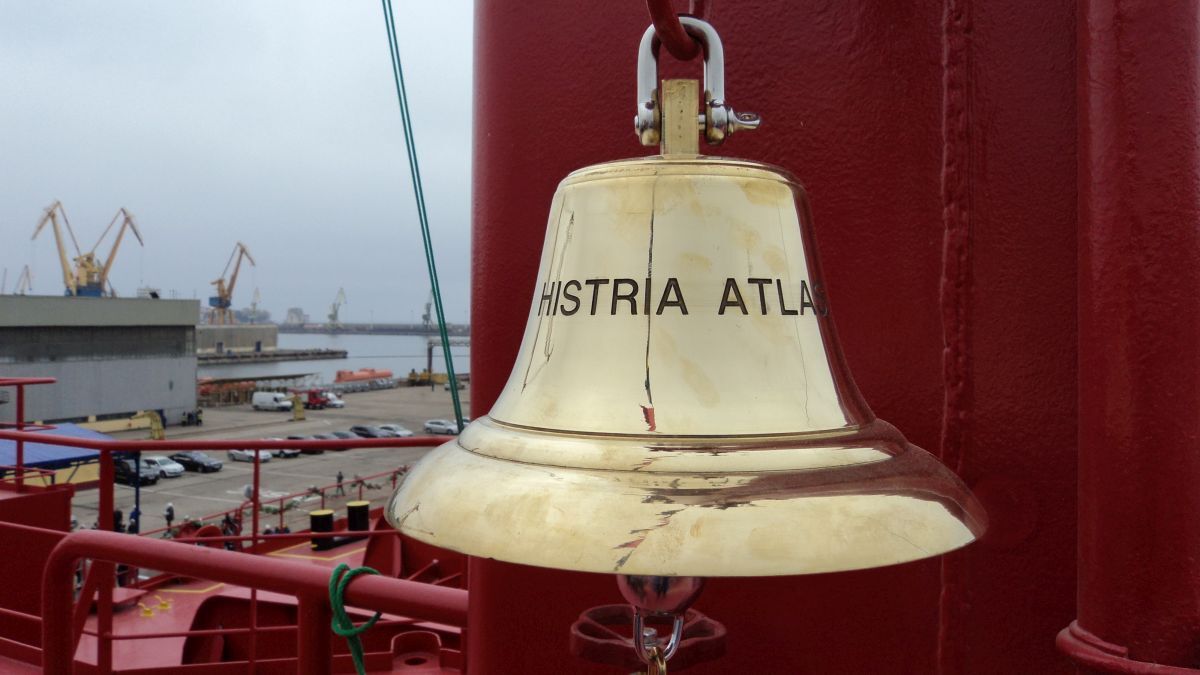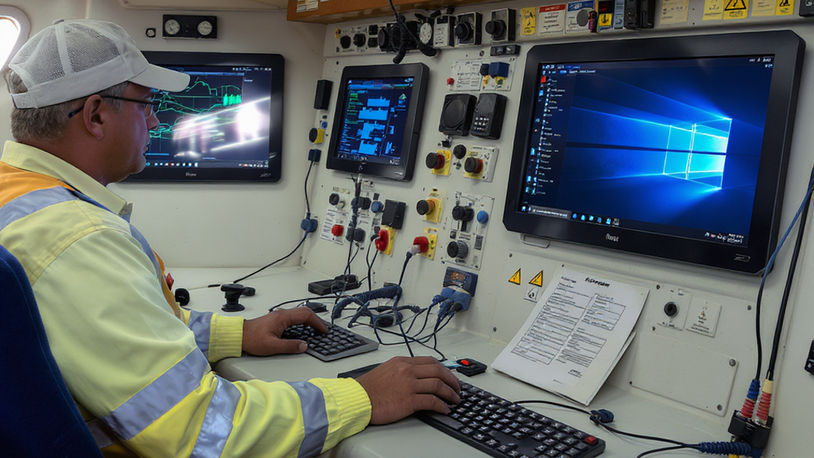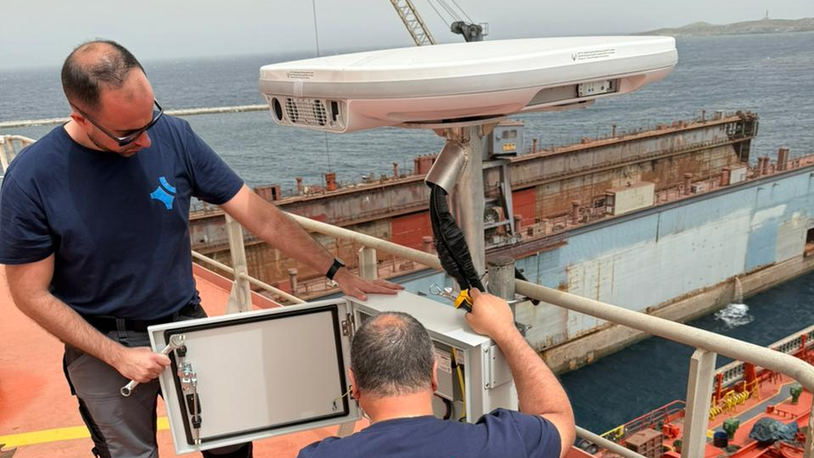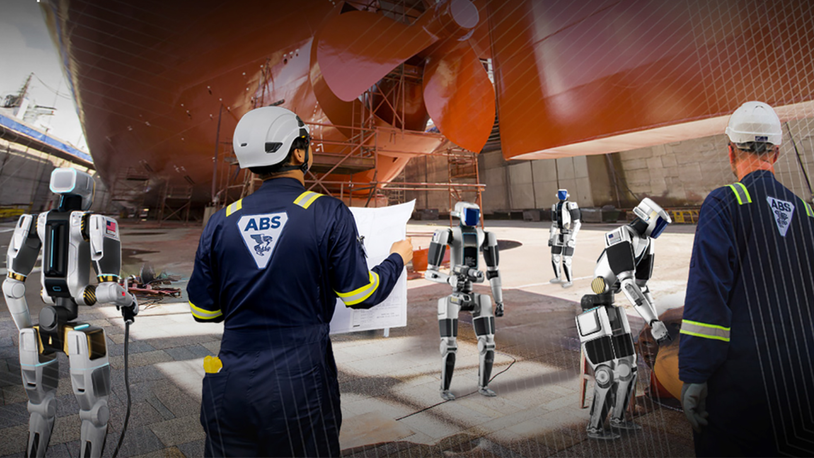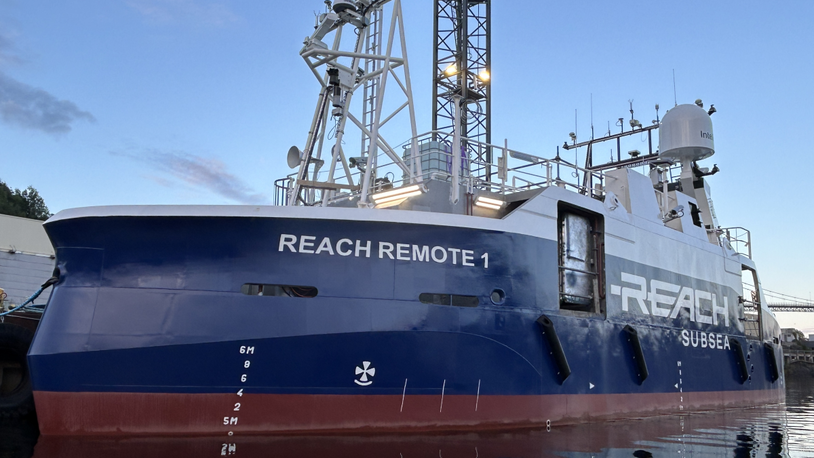Business Sectors
Contents
Register to read more articles.
French-Italian partnership undertakes cyber-security initiative
Italy’s Fincantieri Group is partnering with DEAS to strengthen the cyber resilience of military and commercial fleets
Difesa e Analisi Sistemi SpA (DEAS) is an Italian technology partner of the defence, security forces, public administration and strategic Italian and international industrial groups. The company focuses on operational capabilities related to the cyber domain, aimed at protecting national security and institutions.
The news comes in the wake of a Franco-Italian naval exercise on board Fincantieri-built aircraft carrier Cavour in the Tyrrhenian Sea.
The exercise conducted aboard Cavour is part of the wider Mare Aperto 24/Polaris initiative and allowed crews to assess the impact of cyber-attacks on naval operations and develop strategies for integrated conflict contexts.
Mare Aperto, led by the Italian Navy Fleet command, is a multinational naval exercise which began earlier this month and involves more than 9,500 military personnel from 22 nations, including 11 NATO nations.
French and Italian naval crews present aboard Cavour estimated how much a cyber attack could affect the operation of naval platforms, civilian and military.
The simulated cyber scenarios led to the development of ’Archimedes’, a product designed to generate cyber attacks to test the resilience of navigation and the responsiveness of crews. The real-time test, synchronised with cyber attacks affecting simulated physical processes, enabled crews to assess defence penetration and formulate optimal response strategies in integrated conflict scenarios.
These exercises significantly enhance the readiness of the armed forces and serve as a practical ways to test new technology.
DEAS said, “They provide insights into the future of maritime warfare and the protection of the civil and commercial maritime sectors, underscoring the evolving nature of military strategy and its broader implications for maritime security.”
The test, developed in real time, co-ordinated with cyber-attacks impacting simulated physical processes, allowed crews to assess how defences can be penetrated and what are the best response strategies in an integrated conflict context. As with much military technology, DEAS noted there is inevitably scope for future use in the civilian sphere, where maritime cyber attacks increasingly take place.
Serious cyber attacks have surged over the past five years, climbing from an average of 139 incidents to 232 per month. From 2019 to 2023, the number of attacks increased by 60%, with an increase of 11% globally and 65% in Italy in 2023, according to the analysis from CLUSIT - an Italian Association for Information Security.
These exercises represent “an effective laboratory to test live some emerging technological solutions and the resulting innovative doctrines in the new context of hybrid conflicts. They offer a glimpse into the future not only of maritime warfare, but also of civil and commercial naval sector protection,” commented DEAS director Stefania Ranzato.
Ficantieri chief executive Pierroberto Folgiero said the Group’s new industrial plan will see it attempt to broaden its integrator competencies from the physical domain to “the logical domain of the ship, which now increasingly represents a ’system of systems’ and a digital asset.”
Increasing automation and digitalisation of new ships require a stronger focus on cyber threats to a ship’s security.
Mr Folgiero said, “Collaboration with the Navy, partnerships with industry leaders and exercises such as today’s will enable the consolidation of a series of products and solutions that, once implemented in naval defence, can be successfully extended to the civilian sector, with a dual perspective typical of Fincantieri’s DNA."
Riviera’s Vessel Optimisation Webinar Week will be held 17-20 June to showcase AI-powered weather routeing, ECDIS, data analytics and new approaches to fuel optimisation. Use this link for more information and to register for these webinars
Related to this Story
Events
Offshore Wind Webinar Week
Maritime Decarbonisation, Europe: Conference, Awards & Exhibition 2025
Offshore Support Journal Conference, Americas 2025
© 2024 Riviera Maritime Media Ltd.


